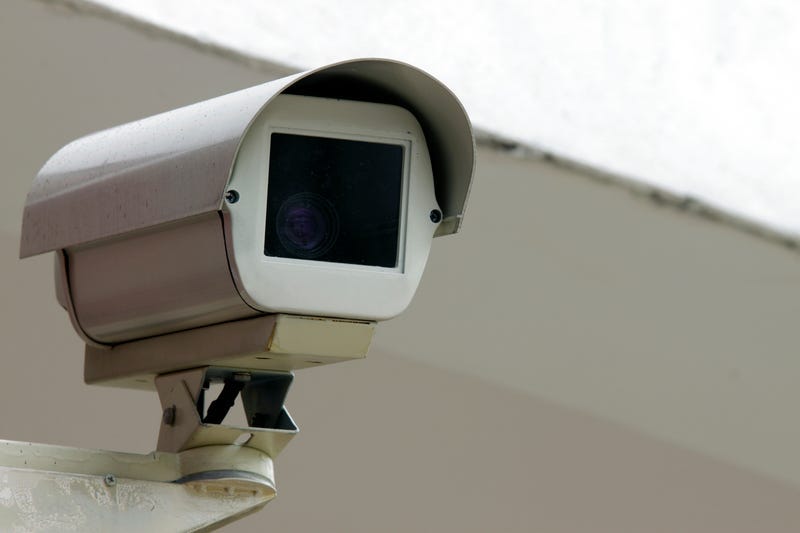
DETROIT (WWJ) -- The Detroit Board of Police Commissioners delayed a controversial vote on Thursday regarding the use of facial recognition technology across the city.
As many community members are split on the issue, during a meeting open to the public, the board decided to delay the vote as Police Chief James Craig and Detroit Mayor Mike Duggan are still discussing the use of the technology.
"It’s still under review, so we can’t go forward," board chairman Willie Bell said during the meeting. "We’re still working with the chief and the mayor on the issue."
Craig spoke to members of the media prior to the scheduled vote, defending the use of facial recognition technology to solve crimes. Many critics of the technology say it violates constitutional rights and invades citizens' privacy. Craig explained the technology, which the department has used under standard operating procedures for more than a year, is only used on still images captured on surveillance cameras across the city -- never in real-time.
"This is about keeping the people who live, work and play in the city safe," Craig said. "We don’t randomly use it. The only time we use it is to identify individuals who are involved in violence."
Critics of the technology say it is not always accurate, especially when used on people of color.
Craig drove home the point that it is standalone technology, used separately from Project Green Light, a series of more than 500 cameras that authorities use to monitor public locations like gas stations, restaurants, liquor stores and more in real time.
Craig says technology will never be used to catch illegal immigrants. The only time random scanning of faces in real-time would be used would be in the event of a serious threat to the city, such as a terrorist attack. In that instance, Craig would have to approve and oversee the operation.
"In order to do that, it would have to go up the chain of command, and I would have to approve it," Craig said. "I'm talking about a credible threat. If someone just calls in and says they're going to shoot up the Thanksgiving parade, that by itself wouldn't be enough. But if there's a credible terror threat, I don't think there's a person in this city who would say they don't want us to find the perpetrator quickly."
Some fear the use of facial recognition could lead to suspects being falsely identified, but Craig says it's no different than relying on witness accounts or police sketches. He says the technology was recently used to nab a suspect who had targeted five members of the LGBT community.
"We leveraged that technology very effectively, and because of it we were able to identify and take a suspect into custody," he said.
